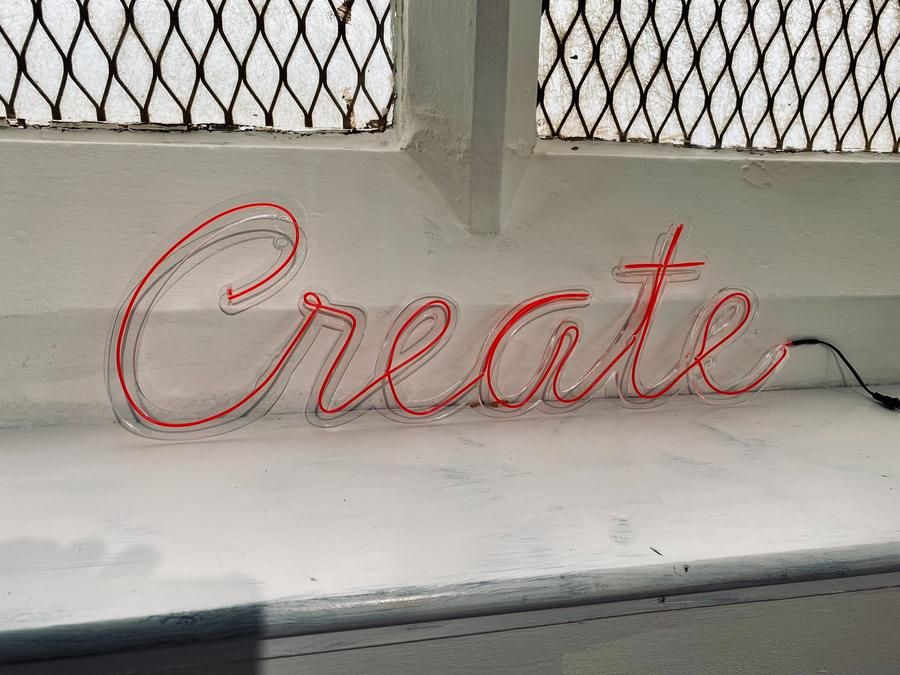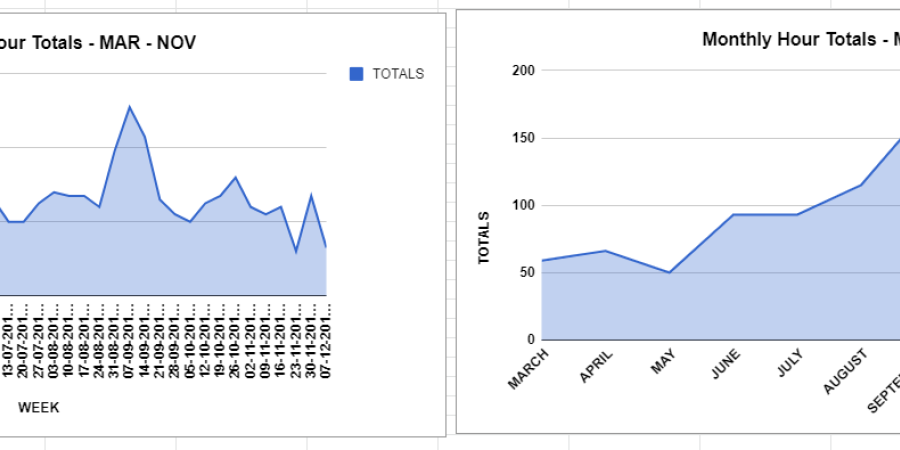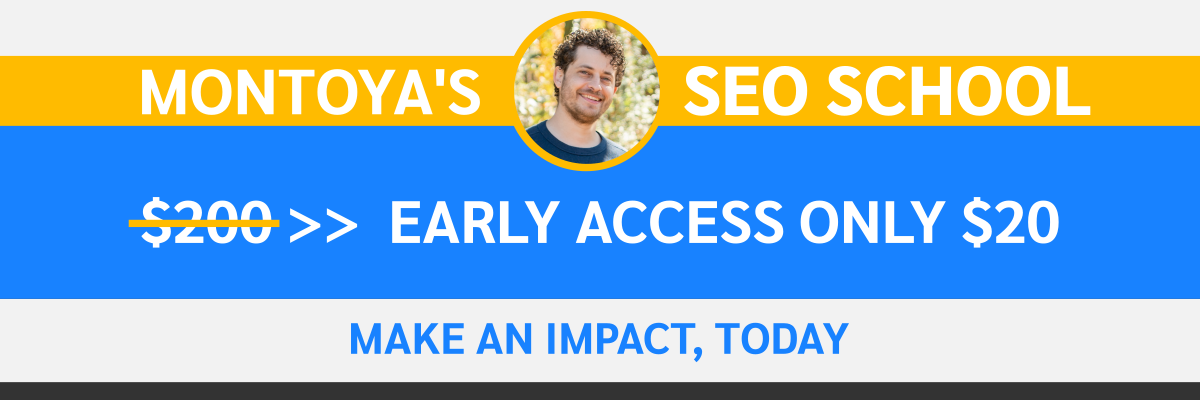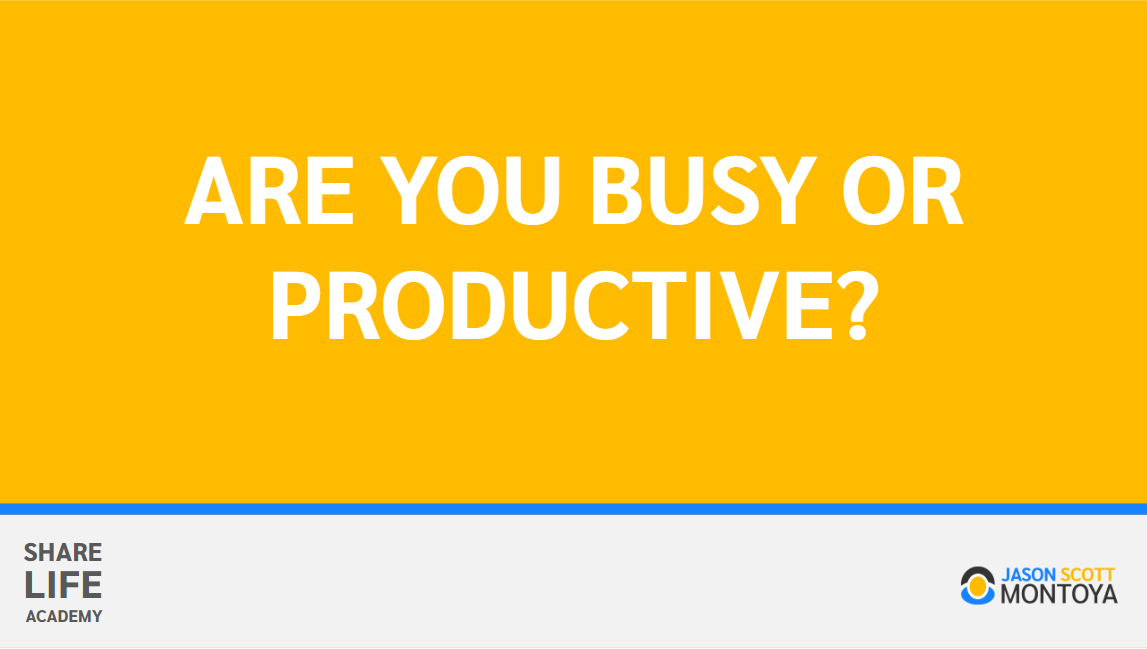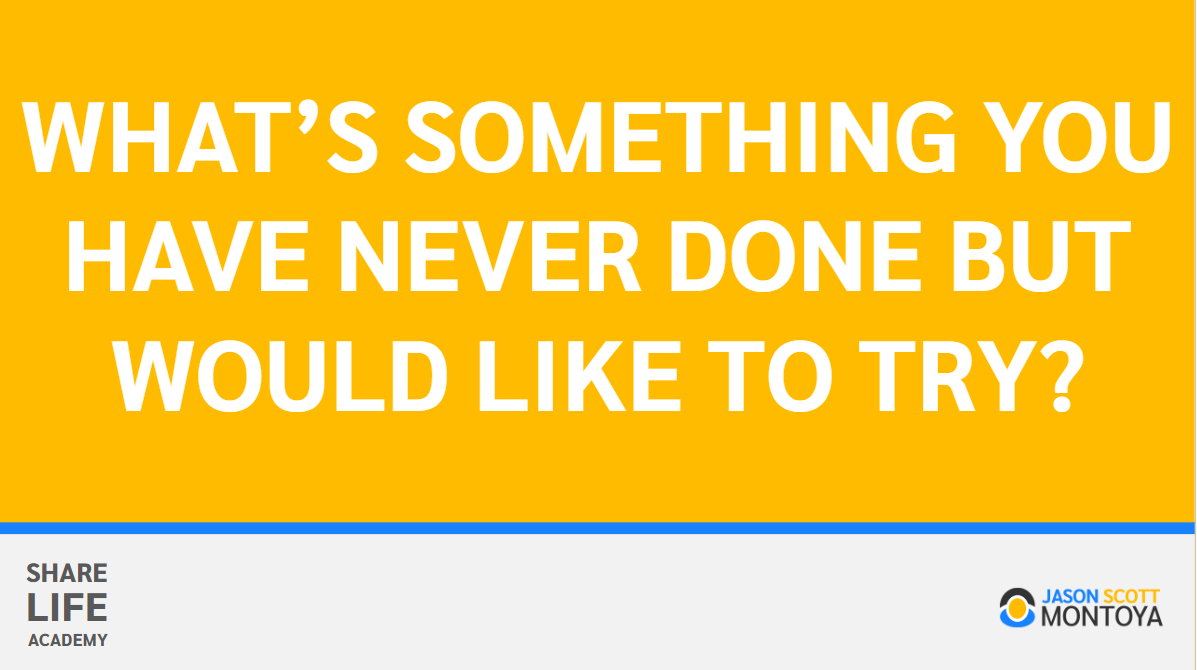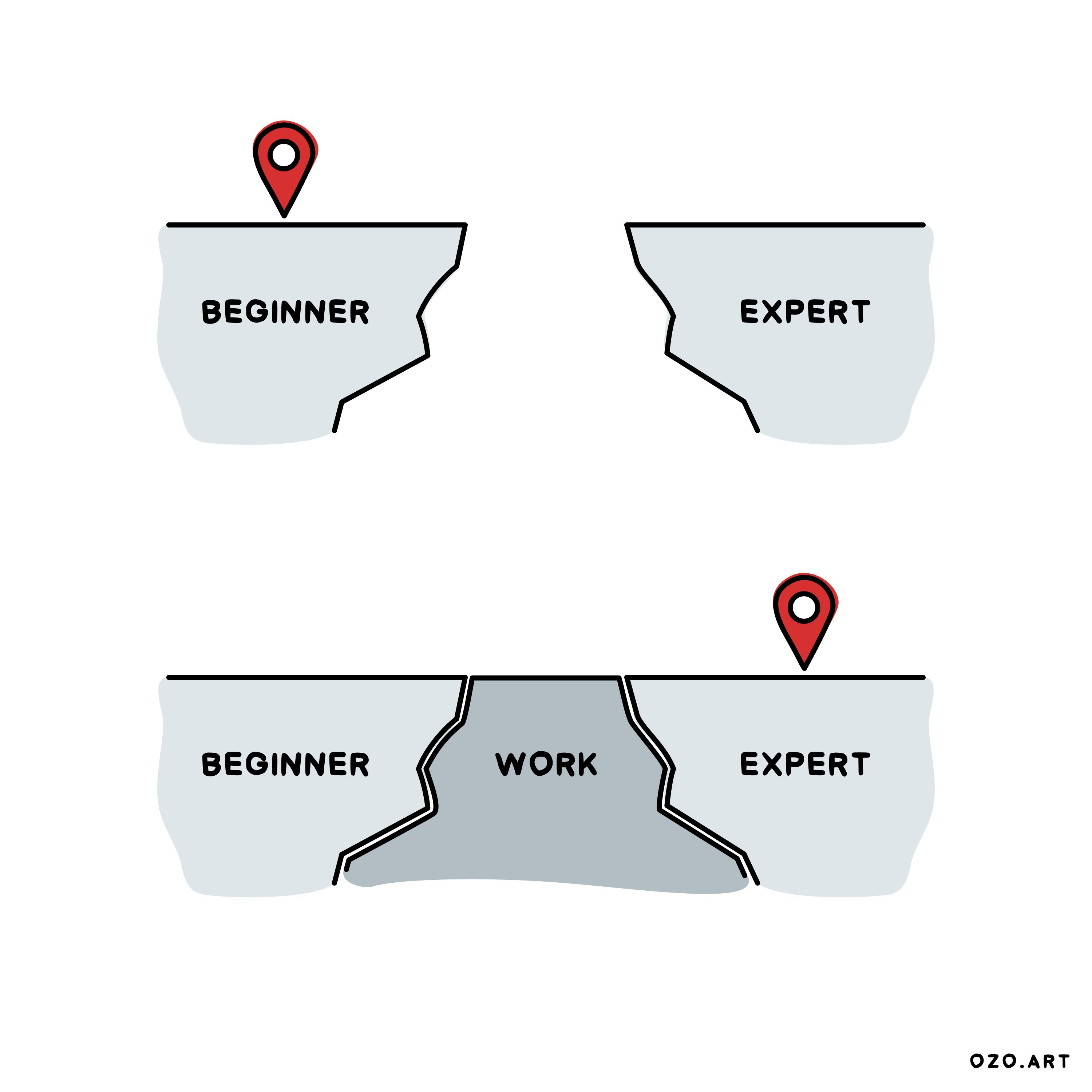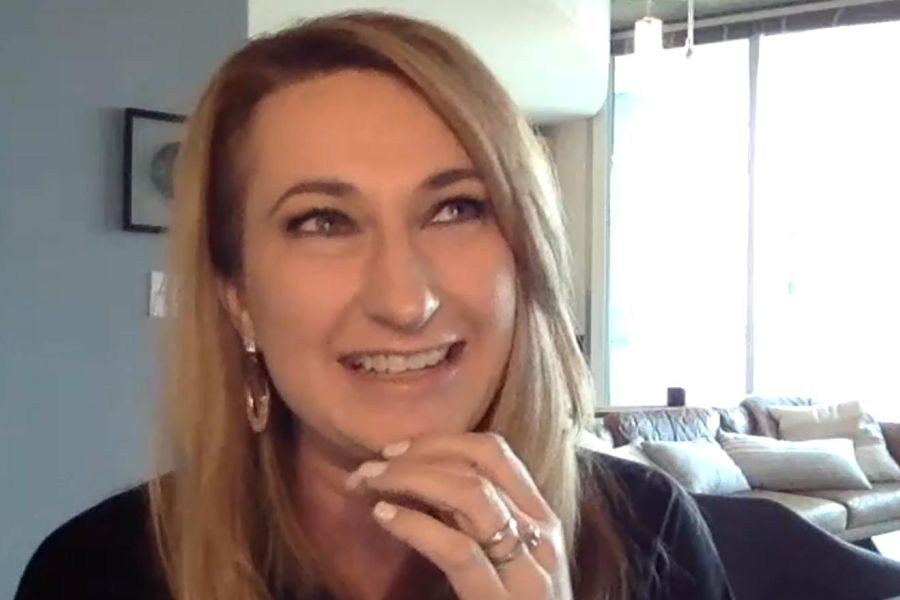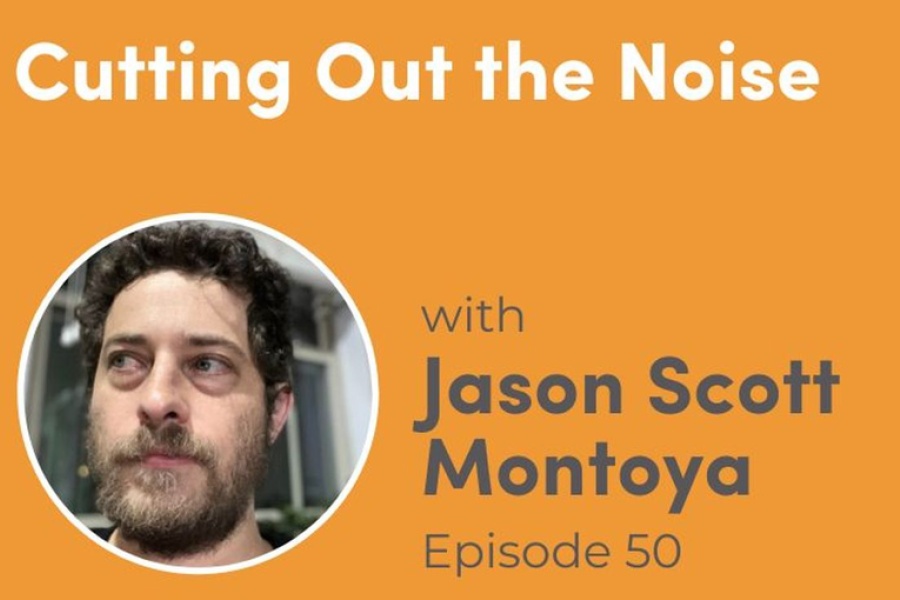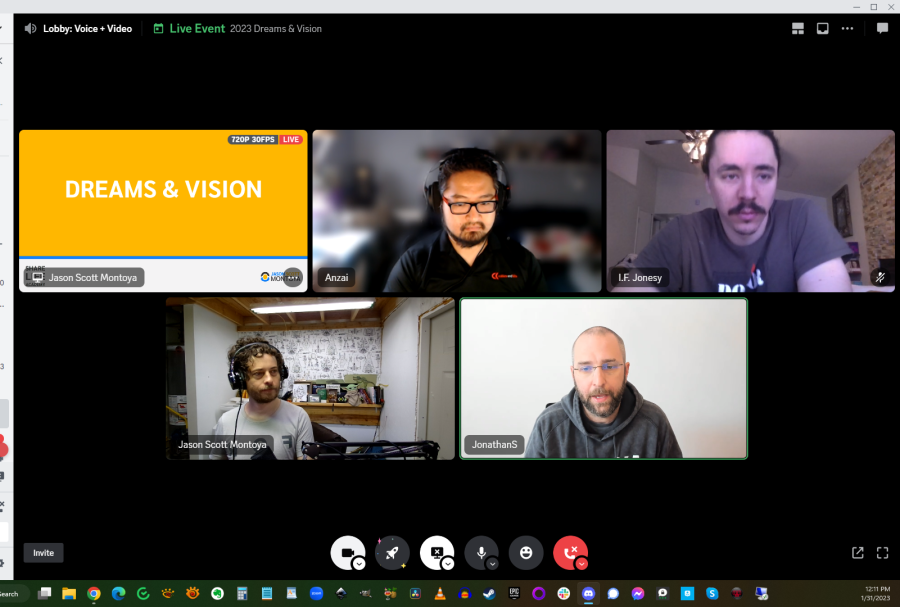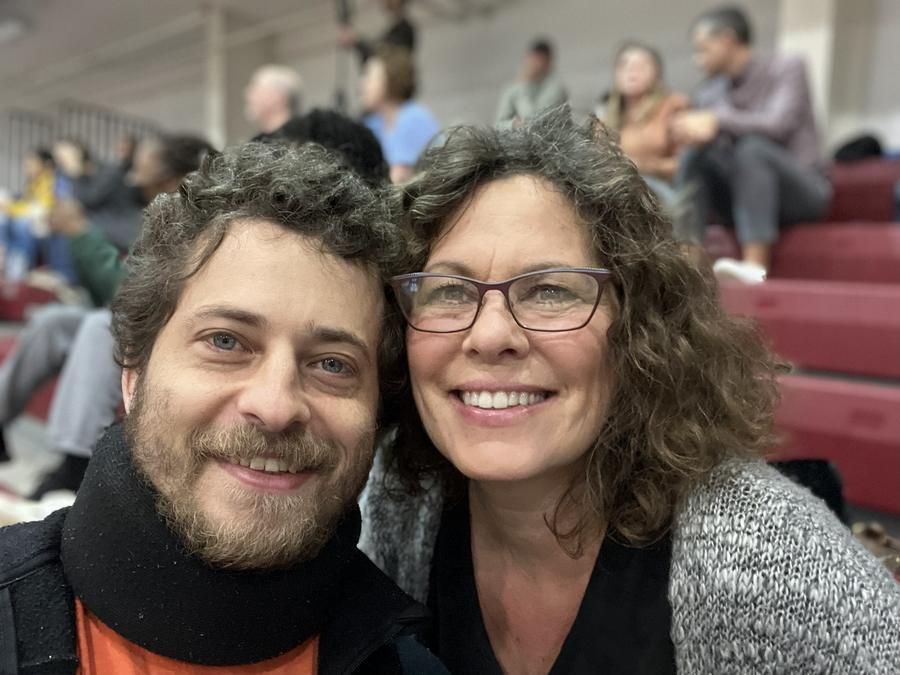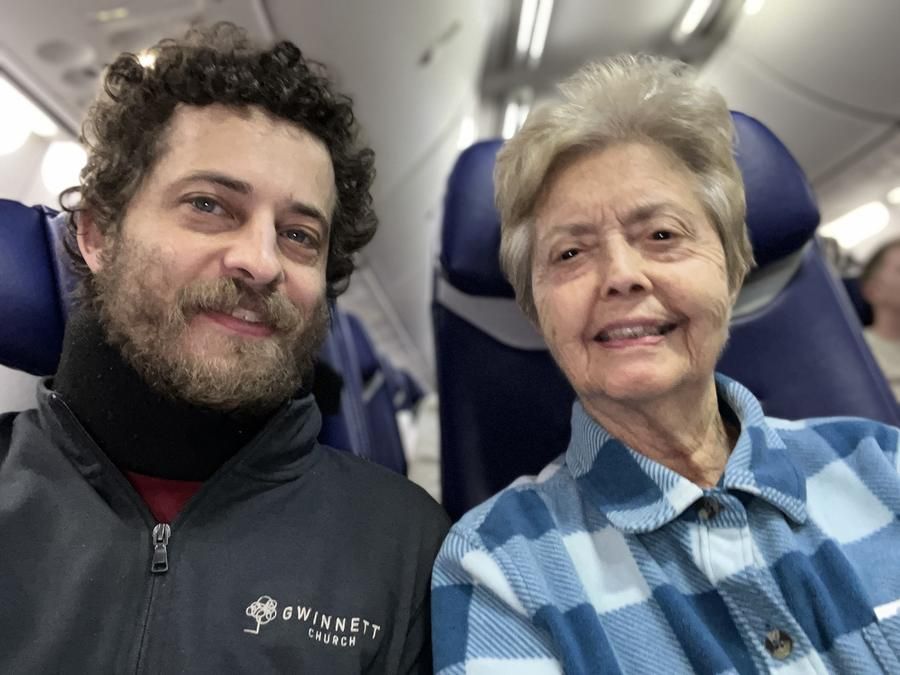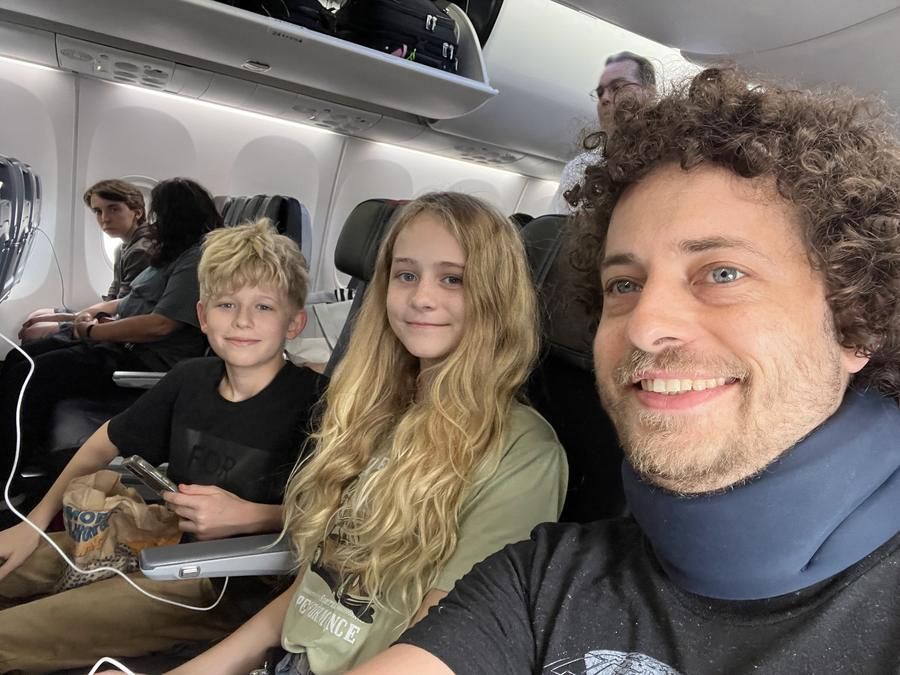I’ve been freelancing since 2014, but in some ways, I’m still seeing some things in pre-freelancing era ways. I’ve had to update my mental model to the reality I'm now living inside.
I’m continually surprised by the amount of freelancing work I steadily get. And earlier this year, I realized something. In the early years of Noodlehead, there was a wild swing of feast and famine. It was a roller coaster. Path of the Freelancer is a blueprint of the systems that mitigate these dynamics but I hadn’t fully updated my mental operating system to reflect reality today.
As a freelancer, my income has not swung from 0 to 100% but rather it swings from 80% - 120%. So my stress and anxiety are based on the first expected swing, not the current more accurate one. This year, I had to recognize that truth and shift my understanding.
Another layer here is that part of me is attached to that mindset because I fear letting it go will be what drops me back into that reality I want to avoid. There may be some truth to that, but that’s part of what the system is about. And, I'm a different person with different dynamics now.
If that hostile reality is something that unfolds later on, I can adjust my mindset again. There is no value in maintaining an understanding of reality that is no longer accurate. That perception, I've attached to, needs to be let go of. It's a hard thing to do, especially since it has served me well. And other alternative mindsets for achieving.
When I started freelancing, I had a Google spreadsheet, which was my business dashboard. I've included some snapshots from 2015 above.
A business is a vehicle to accomplish a goal. Where are we going? What's our vision? The dashboard is our window, instrument panel indications, our GPS, etc... As an entrepreneur, I want instant visibility on where I am right now in a way that tells me exactly how to act today.
Why did I start with a spreadsheet? It's easier to start simple & a spreadsheet can be easily shaped into what I need. We get distracted by tools as shiny objects.
Figure it out in a basic way to get what you want, & then be on the lookout for the tool that does it that way.
I've since moved to Airtable. This was the tool that allowed me to supercharge my Path of the Freelancer dashboard; what I was doing simply in a spreadsheet. You can explore my dashboard template here.
Why am I revisiting my 2014-15 spreadsheet when I've got a superior version of my freelancing dashboard in Airtable? Outside of nostalgia, I've realized I lost a few elements in the transition that are worth revisiting and integrating into the new system.
I remembered that I was able to accomplish certain levels of focus and motivation that I've sometimes been lacking in 2023 and recent years. I began wondering what system dynamics I lost along the way that would be worth recovering in my business dashboard.
When I transitioned to Airtable in 2015/6, I didn't retain a few elements. Last year, I added an equivalent. It's called PACING. I logged my hours as the month unfolded, and I could see how far behind or ahead I was compared to the monthly goal. It also recalculates daily how many hours I need to make up for a loss or gain.
I've finalized a new tab for daily tracking which takes this pacing idea to a deeper level giving me daily visibility that rolls up into a visual dashboard of tallies. How many times do I hit each of the milestones? And how far below or above am I compared to the goal?
If you don't bill hourly, you could also consider using this type of system but with a word count instead (for writers).
When I face business & personal problems, I build systems to overcome them and my weaknesses. That's why I think of myself more like Iron Man than Thor. I don't have many superpowers, but I build things that give me superpowers.
In the latest episode of BuiltOnAir, I share a glimpse of the new freelancing tracking system in Airtable, how it helps me stay focused, and how it works. The conversation starts around 38 minutes.
